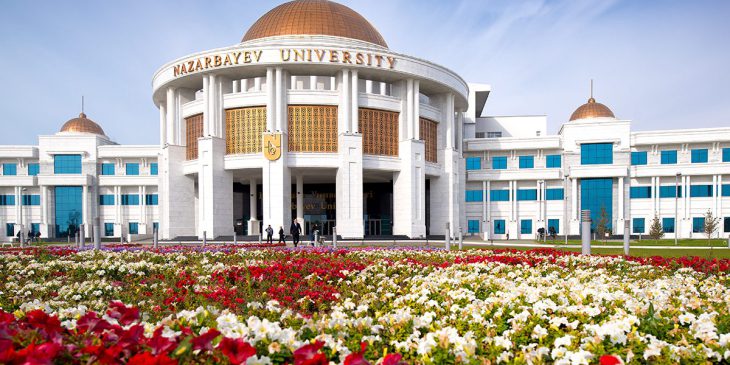As part of its ongoing effort to help create the first international academic medical center in Kazakhstan, UPMC has signed a new agreement with Nazarbayev University (NU) to expand development of medical residency and fellowship programs with NU and its medical school, as well as to provide in-person mentorship programs in Pittsburgh for more than 30 university and medical center leaders in the coming year.
Expanding on earlier work with NU and its affiliated University Medical Center in Astana, this latest agreement will include support from UPMC for the admissions process to six subspecialty residency programs and two fellowship programs – the first of this level of training in the country in line with the international standards of the Accreditation Council for Graduate Medical Education International.
Additionally, three new subspecialty programs will be created with UPMC’s help, including one in ophthalmology and two in women’s health. Ultimately the goal is to ensure that NU can fully integrate patient care, education and research across its hospitals, clinics and medical school, adapting UPMC’s successful model in Pittsburgh.
“UPMC has worked with NU and its leadership for more than a decade to transform the health care system in Kazakhstan,” said Sandy Giammona, UPMC’s associate managing director for Kazakhstan. “It’s exciting to see that the academic medical center model that we have developed in Pittsburgh is valued around the world and promises to benefit patients throughout Kazakhstan, who will have direct access to innovative, high-quality, patient-centered and family-centered care without travelling abroad.”
The Kazakhstani leaders who are coming to UPMC for mentorships will spend up to two months in Pittsburgh learning skills in their respective functional areas to help them successfully operate an academic medical center.
UPMC signed its first agreement in Kazakhstan in 2012. While the focus of UPMC’s advisory work has adapted over time to meet NU’s needs, the two partners remain committed to delivering health outcomes comparable to the most developed countries in the world by 2050, as outlined in the country’s national strategy.
Nazarbayev University School of Medicine, which admitted its first group of medical students in August 2015, is being developed in collaboration with the University of Pittsburgh School of Medicine, UPMC’s academic partner.









